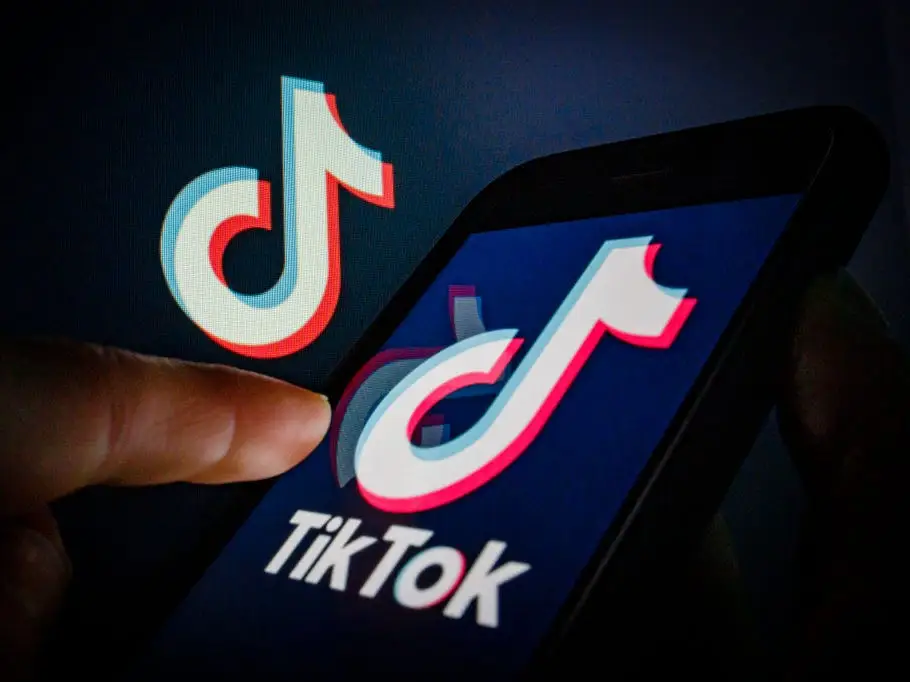Imagine scrolling through TikTok, laughing at skits, learning random facts, or discovering new recipes. For millions of people, including me, TikTok is a source of entertainment and connection. So, when talks of banning the app in the U.S. started making headlines, I couldn’t help but wonder: Why is an app so beloved suddenly under fire?
Why Ban TikTok?
Here is the deal: TikTok is owned by ByteDance, a Chinese company, and U.S. officials worry the app’s massive data collection could pose a national security risk. Critics argue that TikTok might be obligated to share user data with the Chinese government. Even if that feels like a stretch, it’s a fear driving bipartisan support for action.
Shou Zi Chew, the CEO of TikTok, has repeatedly assured U.S. lawmakers and users that the company prioritizes data privacy and security. In a congressional hearing, he emphasized TikTok’s efforts to localize U.S. user data through initiatives like Project Texas, aiming to store data on American soil under strict security measures. Despite these reassurances, skepticism remains high.
But it’s not just about security. TikTok’s explosive growth challenges American giants like Instagram and YouTube, making some wonder if this is about competition. Add to that concerns over misinformation and harmful trends, and TikTok’s future starts looking shaky.
What Happens if TikTok Disappears?
For content creators, a ban would be devastating. Many rely on TikTok for income, and losing that platform overnight is catastrophic. Beyond that, banning TikTok could strain U.S.-China relations and open the door for targeting other foreign-owned apps. Would it stop at TikTok, or is this just the beginning?
Interestingly, amidst the chaos, YouTube star MrBeast has reportedly expressed interest in purchasing TikTok. Known for his business acumen and massive influence, his involvement could add an unexpected twist to the app’s fate. On the other hand, Elon Musk recently stirred debate with a tweet stating, “China banned X (formerly Twitter). It’s only right and balanced to ban TikTok in the U.S.” Musk’s take adds fuel to the fire, highlighting the growing polarization around this issue.
Are There Better Solutions?
Instead of banning the app outright, why not:
- Bring in U.S. Ownership: An American company taking over TikTok’s U.S. operations could address security concerns.
- Strengthen Data Protections: Ensuring U.S. data stays in the U.S. seems like a no-brainer.
- Demand Transparency: Forcing TikTok to reveal its algorithms and data practices could rebuild trust.
What People Are Saying
Opinions are all over the place. Some users are rallying with hashtags like #SaveTikTok, while others say national security should come first. Personally, I’m torn. TikTok feels like a cultural staple, but the privacy concerns are hard to ignore.
Final Thoughts
This debate isn’t just about one app, it’s about how we deal with tech in a global world. Whether TikTok gets banned, sold, or revamped, it’ll set a precedent for what comes next.

